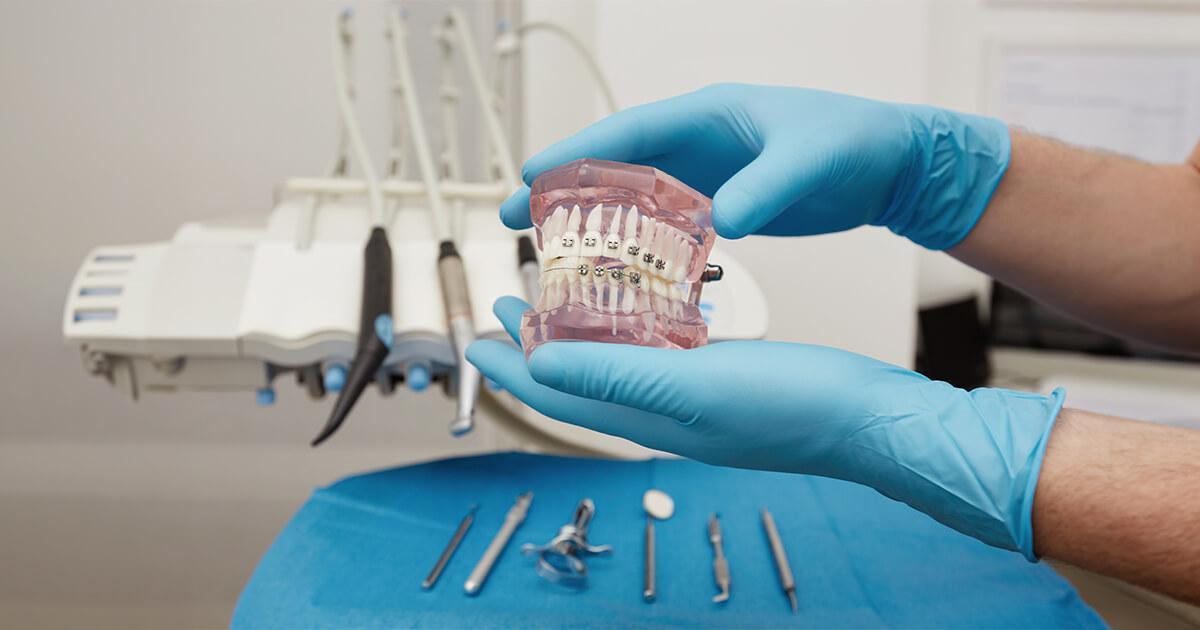Why Are Dental Implants So Expensive – Are There Cheaper Alternatives?

Dental implants are renowned for their effectiveness in replacing missing teeth with a long-lasting and realistic option. Yet, the price of these implants often raises questions. The cost of dental implants can be substantial, prompting curiosity about the reasons behind their high price. In this article, we will explore the reasons behind the high cost of dental implants and discuss whether there are cheaper alternatives available.
What Are Dental Implants?
Before delving into the cost factor, let’s understand what dental implants are and why they are considered the ideal solution for tooth replacement. Dental implants are titanium posts that are surgically implanted into the jawbone, acting as artificial tooth roots. Through osseointegration, they fuse with the jawbone, creating a stable foundation for dental restorations such as crowns, bridges, or dentures.
In comparison to alternative methods of replacing missing teeth, dental implants offer a range of advantages. They are exceptionally durable, long-lasting, and mimic the functionality of natural teeth. Moreover, implants help preserve the jawbone’s structure and prevent deterioration, a common consequence of tooth loss. By restoring both aesthetics and functionality, dental implants have transformed the field of restorative dentistry.
Why Are Dental Implants So Expensive?
The high cost of dental implants can be attributed to several factors. Firstly, the materials used, particularly titanium, contribute to the overall expense. The use of titanium implants is favored because of their biocompatibility, strength, and capacity to bond with the jawbone. The manufacturing process involves complex engineering techniques and stringent quality control measures, which increase the cost of the implants.
Additionally, the expertise of a highly skilled implant dentist or oral surgeon is required for the procedure. Their extensive training, experience, and specialized equipment contribute to the overall cost. The comprehensive evaluation, planning, and personalized treatment approach involved in dental implant procedures also add to the expense.
Customization is another factor that drives up the cost of dental implants. Each implant, abutment, and dental restoration (crown, bridge, or denture) is tailored to fit the patient’s mouth in terms of size, shape, and color. This level of customization ensures a natural and aesthetically pleasing result but adds to the overall cost of the treatment.
Furthermore, the cost of dental implants includes additional factors such as pre-operative evaluations, diagnostic imaging, and advanced technology used during the procedure. Thorough examinations and imaging techniques, such as X-rays and CT scans, are performed to assess the condition of the jawbone, adjacent teeth, and soft tissues. This guarantees the effectiveness and durability of the dental implant.
The surgical procedure itself is intricate and requires specialized equipment and materials. The implant is meticulously positioned within the jawbone, necessitating accuracy and correct alignment. Advanced technology, like computer-guided implant placement, may be utilized to enhance accuracy and predictability, but it also contributes to the overall cost. In summary, the high cost of dental implants can be attributed to the materials used, the expertise of dental professionals, the customization involved, and the comprehensive nature of the treatment.
Are There Cheaper Alternatives?
While dental implants offer unparalleled benefits, it is worth exploring alternative options for those seeking more affordable solutions. Here are a few alternatives to consider:
- Dentures: Dentures, both full and partial, have long been used as a cost-effective option for replacing missing teeth. Dentures depend on natural suction or adhesives for stability, but they may not provide the equivalent level of firmness, comfort, and realistic sensation found with dental implants.
- Dental Bridges: Dental bridges are an alternative option for replacing missing teeth, involving artificial teeth (pontics) that are supported by neighboring natural teeth. While bridges can be a more affordable option than dental implants, they require the alteration of healthy teeth to serve as support for the bridge.
- Mini Dental Implants: Mini dental implants are of smaller dimensions when compared to conventional dental implants. They are less expensive and can be a suitable option for individuals with limited jawbone density or those seeking temporary tooth replacement solutions. Nevertheless, they may not provide equal long-term resilience and steadiness as conventional implants.
- Implant-supported Dentures: These dentures are firmly anchored by dental implants, offering enhanced stability in comparison to conventional dentures. Implant-supported dentures can be more affordable than a full arch of individual dental implants while still offering improved functionality and aesthetics.
Dental Implants are Important, But There are Affordable Alternatives
While dental implants are undoubtedly the most advanced and long-lasting solution for missing teeth, their high cost can be a barrier for some individuals. It is important to remember that affordable alternatives exist, such as dentures, dental bridges, mini implants, and implant-supported dentures. These alternatives may offer satisfactory results depending on the specific needs and preferences of each patient.
When considering tooth replacement options, it is essential to consult with a qualified dentist or oral surgeon who can provide a comprehensive evaluation and recommend the most suitable treatment based on factors like oral health, budget, and desired outcome. Ultimately, the choice between dental implants and their alternatives should be made in consultation with a dental professional to ensure the best possible outcome for your oral health and overall well-being.
In conclusion, while dental implants may come with a higher price tag, their long-term benefits and natural feel make them a worthwhile investment for many individuals. However, for those seeking more affordable options, alternatives such as dentures, dental bridges, mini implants, and implant-supported dentures can provide satisfactory results. The key lies in discussing your specific needs, budget, and expectations with a qualified dental professional to determine the best tooth replacement option for you.
